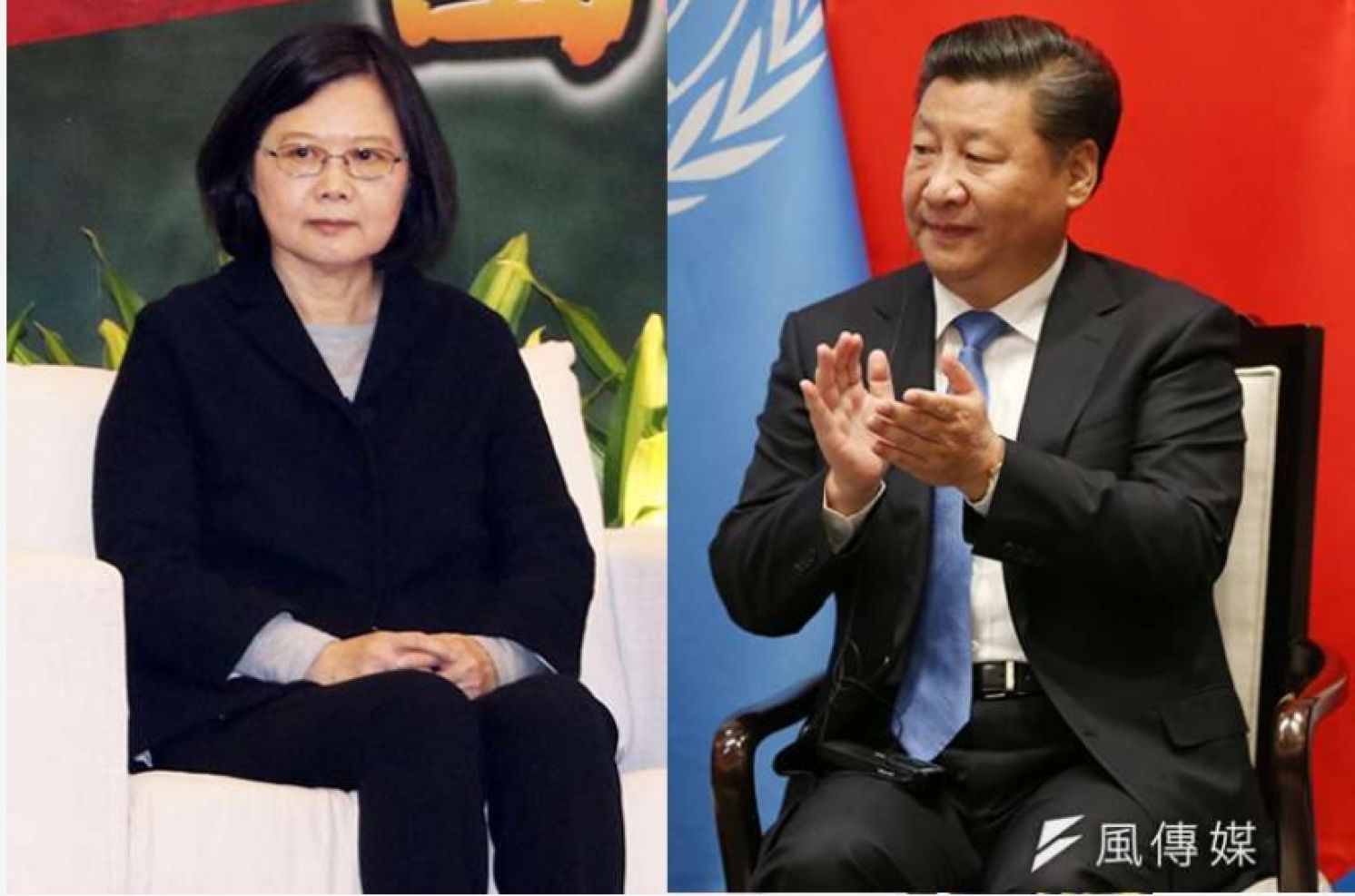
With Framework Unchanged, Need for Two-Way Dialogue Across the Strait
By Hung Chi-Chang
China Times, January 16, 2022
In an exclusive media interview on January 8, Vice President Sun Yafu of the Association for Relations Across the Taiwan Straits (ARATS) noted the possibility of war across the strait. His remarks led many people to surmise the possibility of new arrangements or propositions to be introduced at the 20th National Congress of the Chinese Communist Party.
In the interview, Sun’s assessment of cross-strait relations in 2022 is that the basic framework has yet to change. In other words, although the risk of conflict has always been there, mainland China has shown no sign of tilting toward “hot conflict” in the short term.
From this, we can understand that the possibility of “unification by military force” has never disappeared since 1949. If the following situations remain unchanged, there is no necessity for the Communist Party to abruptly change its fundamental principle of “peaceful unification”:
- The mainland Chinese military has not reached a certain degree of supremacy in the Taiwan Strait and the Indo-Pacific area;
- Restraint is exercised in the U.S.-China-Taiwan relationship;
- The Communist Party exercises a “steady” policy recovering from the pandemic;
- The 20th National Party Congress is successfully held
Although the cry for unification by military means in China gained popularity in the past few years, General Secretary Xi Jinping’s public remarks, such as his speech in commemorating of the “40th Anniversary of the Issuance of the Message to Compatriots in Taiwan,” the 19th National Party Congress reports, as well as various statements released by the Taiwan Affairs Office, have repeatedly reiterated the constancy and continuity of its basic policy toward Taiwan. There is no reason for General Secretary Xi to deny his own policy and achievements during the party’s 20th National Congress.
Mr. Sun was the chief negotiator on cross-strait relations during Chairman Koo Chen-fu (MAC) and President Wang Daohan (ARATS) period. He was also one of the drafters of the Communist Party’s 18th and 19th National Congress government reports on the Taiwan issue. Mr. Sun’s understanding and observation of the future development of Cross-Strait relations has its inheritance and continuation, there is no fundamental turning around.
Since the basic situation in the Taiwan Strait remains unchanged, how to mediate differences and manage risks in the Taiwan Strait and the Indo-Pacific region countries as a whole, especially the United States, China, and Taiwan, is a pivotal question for maintaining regional peace and stability during the 20th National Party Congress. The transition of the U.S.-China strategic landscape is ongoing, and the current situation of political conflicts across the Taiwan Strait has yet to find an antidote. The possibility of a hot conflict has always existed, and the cold conflicts of politics, trade and technology will develop in varying degrees.
However, we believe that “peace and stability in the Indo-Pacific region” is still the greatest common denominator in the hearts and minds of all countries and people. As President Tsai Ing-wen said in her New Year’s Day address, “Military is definitely not an option to resolve differences between the two sides of the Taiwan Strait. Military conflict will bring havoc to economic stability.” Every government is obliged to maintain the hard-earned fruit of peace and stability.
The extensive economic and social exchanges between the two sides of the Taiwan Strait over the years conform to the law of economics—and social necessity as well. This is the basis for peaceful development of Cross-Strait relations, and a brake pad to avoid military conflict across the Taiwan Strait. If we expect to ease the tight situation, we need to put together the wisdom of the society and leaders on both sides of the Taiwan Strait in order to exemplify a larger political caliber and creativity. We look forward to the possibility of “two-way” dialogue between the governments of the two sides of the Taiwan Strait.
Since Beijing has strong self-confidence and firmly holds the initiative in the development of Cross-Strait relations, in contrast to its current “unilateral” measures against Taiwan based on “bottom-line thinking,” Beijing should conduct talks with Taiwan’s ruling party—since it enjoys more than half of the public’s support? I believe that this is neither a grievance nor a sign of weakness for Beijing. It simply indicates a return to the people-oriented aspirations for better life and a meeting of minds on both sides of the Taiwan Strait.
The author formerly served as chairman of the Straits Exchange Foundation from 2007 to 2008.
From: https://www.chinatimes.com/opinion/20220115002869-262104